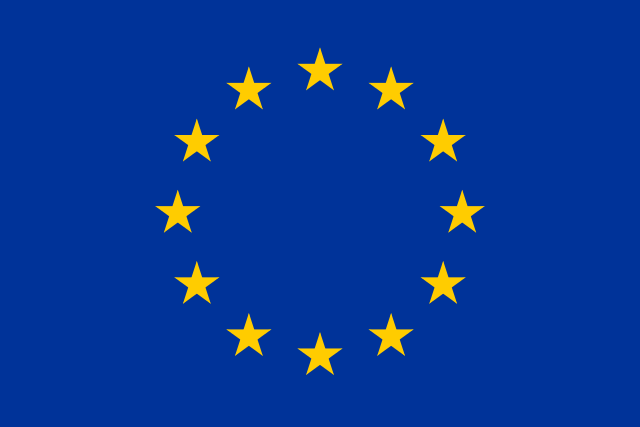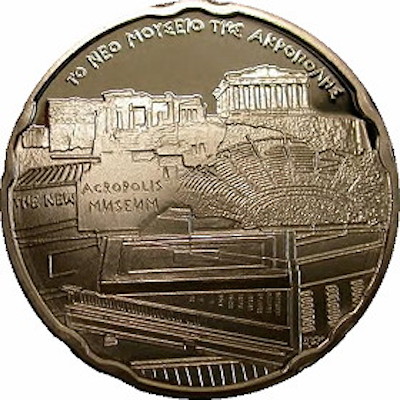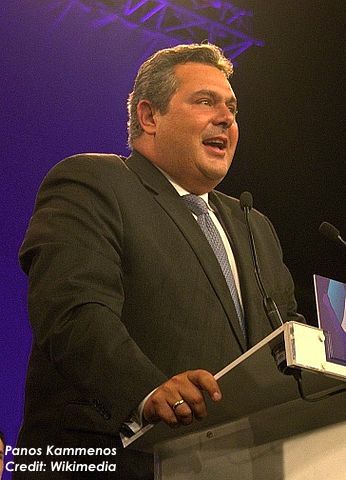In March of this year, I published a very lengthy two-part essay on the political challenges technocracy increasingly poses to Western democracy.
In “Drawbacks of Technocracy, Part 1: Europe’s Political Crisis”, I defined what I meant by technocracy:
Technocracy is a term that essentially means rule by non-elected technical experts, often academics, who (theoretically) place the country’s interests above the interests of any particular “side.” By extension, technocracy is usually set in contrast with, but not opposition to, elected partisans (i.e. champions of a specific political party or faction). It is not the same as “bureaucracy,” either, because bureaucrats carry out the policy decisions of the executive and legislative branches, whereas the technocrats are replacing the role of the decision-makers themselves. That means the experts are substituted directly for politicians at the top. Also, quite unusually compared with other systems, technocracy often exists alongside democratic systems and completely within a normal constitutional framework. The replacement of the politicians does not occur in a “state of emergency” or other extra-constitutional circumstance, as would occur in a dictatorship, but rather occurs through appointments of experts to the top level of government through regular constitutional procedures.
I also explored how it had grown in strength in the European Union:
Technocrats, in this case, had to step in to fill a new vacuum, more than they were needed to replace existing elected officials. The democratically elective component of the EU’s political union was (and is) quite weak to begin with — like the political union itself — because the functions of the “supranational government,” such as it is, are quite limited and removed from the population.
And I argued this dependency on technocrats was becoming a problem for the future of the Union:
Worse, the reliance on and deference toward technocrats at all levels of the European project has suffocated all debate. Yes, it is hard to hold a debate across 28 member countries, but the lack of debate has engendered fearsome resistance to the policies and projects. Debating policy is politics. In essence, politics may be unseemly sometimes, but it is still the mechanism necessary to sell the people on policy solutions.
Europe’s drift toward unaccountable technocracy means even the good ideas can’t be sold to the masses, because no one has been selling them at all other than by alluding to the expertise of the people making the decisions. That works right up until that trust erodes, and then no one is there to make the case itself. Ideas are simply dropped on the masses as fait accompli policies, like a ton of bricks from the window of an ivory tower. The populist parties that actually bother to campaign on ideas — even horrible ideas — start to take a big share of the vote.
In “Drawbacks of Technocracy, Part 2: Blue-ribbon America”, I examined whether technocratic systems were creeping into the U.S. democracy as well.
The Economist has just published a new mega long-read entitled “What’s gone wrong with democracy” (Subtitle: “Democracy was the most successful political idea of the 20th century. Why has it run into trouble, and what can be done to revive it?”). I don’t necessarily agree with some of their proposed solutions, but their diagnosis seems largely correct (to me). I highly encourage people to read it. There were many, many hundreds of words I wanted to highlight, but I decided I could break up some of the great excerpts across various posts whenever I had my own things to say about specific themes it covered.

Since, as outlined and quoted above, I already covered the topic of technocracy in depth on my own in March, I figured I would start by quoting the relevant passages about technocracy from The Economist essay on threats and opportunities facing democracy in the 21st century: Read more






